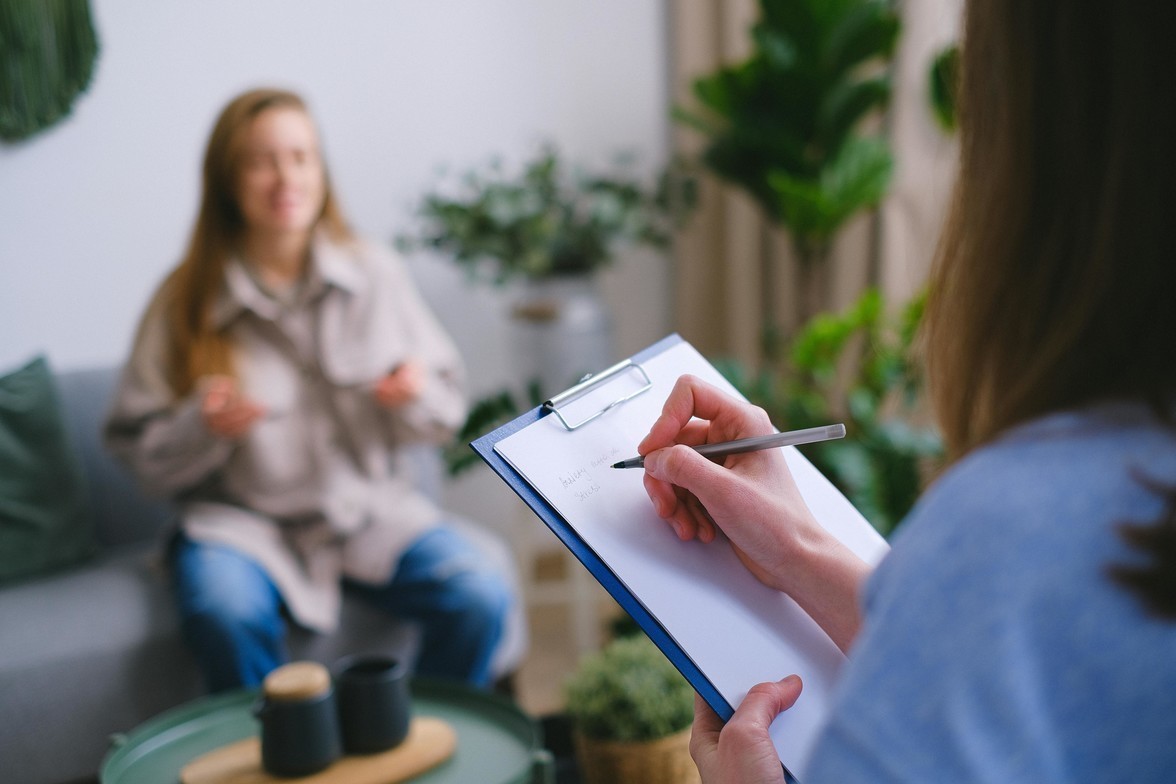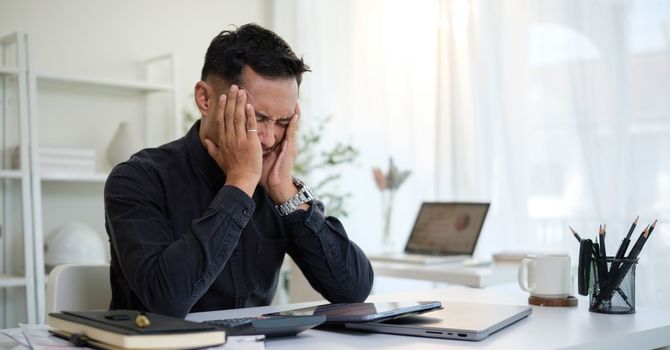
Deciding to attend counselling is a big step toward improving your mental and emotional well-being. Whether you're seeking support for stress, anxiety, relationships, or just want to learn more about yourself, the first session can be an exciting and nerve-wracking experience. Knowing what to expect and how to prepare can ease any nervousness and help you get the most out of your session.
What to Expect in Your First Session
Your first counselling session is typically an opportunity for you and your counsellor to get to know one another. It's a time to share your concerns and goals while the counsellor learns about your background and what brings you to therapy. Don't worry about having all the answers or knowing exactly what to say - I promise there aren't any right things to say. Counselling is a space for exploration, and if you need support, your counsellor will guide you through the conversation.
- Be ready to discuss why you've sought help from counselling. I always say that the more you share, the more I can help you.
- You may be asked about your personal history, including family background, career, and relationships. The first session comes with a lot of loaded questions. The more the counsellor gets to know and understand you, the more support can be offered.
- The counsellor will explain their approach to therapy and how they can assist you. Remember that you can ask questions, too!
Preparing Mentally and Emotionally
Taking time to prepare mentally before your session can help you feel more at ease. Think about the challenges or areas in your life you'd like to address. Write down any specific questions or thoughts you have. It's okay to feel nervous—many people do—but remember, your counsellor is there to support you, not to judge you.
Practical Tips to Help You Get Ready
Beyond the emotional preparation, you can take a few practical steps to ensure a smooth first session. Make sure to arrive on time or find a comfortable setting if you attend virtually. Dressing comfortably and minimizing distractions can also help you feel more relaxed and focused. Wear your most comfy sweater or bring a comfort item; this is about you.
Here are a few more practical tips:
- Make notes about what you want to share or questions you have.
- I love having a "therapy journal" to jot down any reflections or key points.
- It's okay to consult with a different therapist before your official first session. Finding the right therapist for you is crucial.
Remember, your first session is a starting point. You don't need to have everything figured out. The goal is to open a conversation and begin your journey toward greater mental clarity and emotional well-being.
The content in this blog is for informational purposes only and is not a substitute for professional medical advice, diagnosis, or treatment. Always consult your doctor or a qualified healthcare provider before trying new healthcare protocols.



.png)